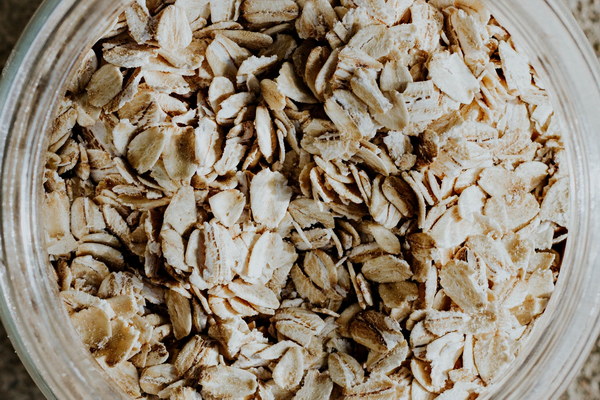Springtime Liver Care What Medications to Minimize for Optimal Liver Health
Spring is a time of renewal and rejuvenation, and it's no different for our bodies. As the weather warms up and nature awakens, it's important to focus on liver health. The liver is a vital organ responsible for filtering toxins, metabolizing nutrients, and producing bile. During this season, it's crucial to be mindful of the medications we consume, as some can put additional strain on our liver. This article will discuss which medications to minimize during springtime to support liver health.
1. Nonsteroidal Anti-Inflammatory Drugs (NSAIDs)
Nonsteroidal anti-inflammatory drugs, such as ibuprofen and naproxen, are commonly used to relieve pain and reduce inflammation. However, they can cause liver damage when taken in high doses or over a prolonged period. During spring, when outdoor activities increase, it's essential to be cautious about NSAID use. Opt for natural alternatives like ginger, turmeric, or white willow bark to alleviate pain and inflammation.

2. Acetaminophen
Acetaminophen, also known as paracetamol, is a popular over-the-counter pain reliever and fever reducer. However, excessive use of acetaminophen can lead to liver damage, especially if consumed with alcohol or in combination with other medications. To support liver health during spring, limit acetaminophen use and consider alternative pain relief methods, such as cold compresses or heat packs.
3. Statins
Statins are prescribed to lower cholesterol levels and reduce the risk of heart disease. While they are generally safe for most individuals, they can cause liver damage in some cases. If you're taking statins, it's important to monitor your liver function regularly. During spring, consider discussing with your healthcare provider about alternative treatment options, especially if you have a history of liver issues.
4. Antidepressants
Antidepressant medications can sometimes affect liver function. While most antidepressants are generally safe, it's essential to be cautious, especially during spring when the body is more sensitive to medication side effects. If you're taking antidepressants, work closely with your healthcare provider to find the most suitable treatment plan that minimizes liver strain.
5. Antibiotics
Antibiotics are vital for treating bacterial infections, but they can also cause liver damage, especially in individuals with pre-existing liver conditions. During spring, when colds and flu are more prevalent, it's important to use antibiotics judiciously. Consult with your healthcare provider to ensure that you're taking the appropriate medication for your condition and for the shortest duration necessary.
6. Birth Control Pills
Oral contraceptives can affect liver function, particularly those containing estrogen. If you're taking birth control pills and experiencing symptoms of liver strain, such as jaundice or dark urine, consult with your healthcare provider. They may recommend alternative birth control methods or adjust your dosage to minimize the risk of liver damage.
In conclusion, spring is an excellent time to focus on liver health and minimize the use of certain medications that can strain this vital organ. By being proactive and working closely with your healthcare provider, you can enjoy the beauty of spring without compromising your liver's well-being. Remember, a healthy liver is essential for overall health and vitality.









